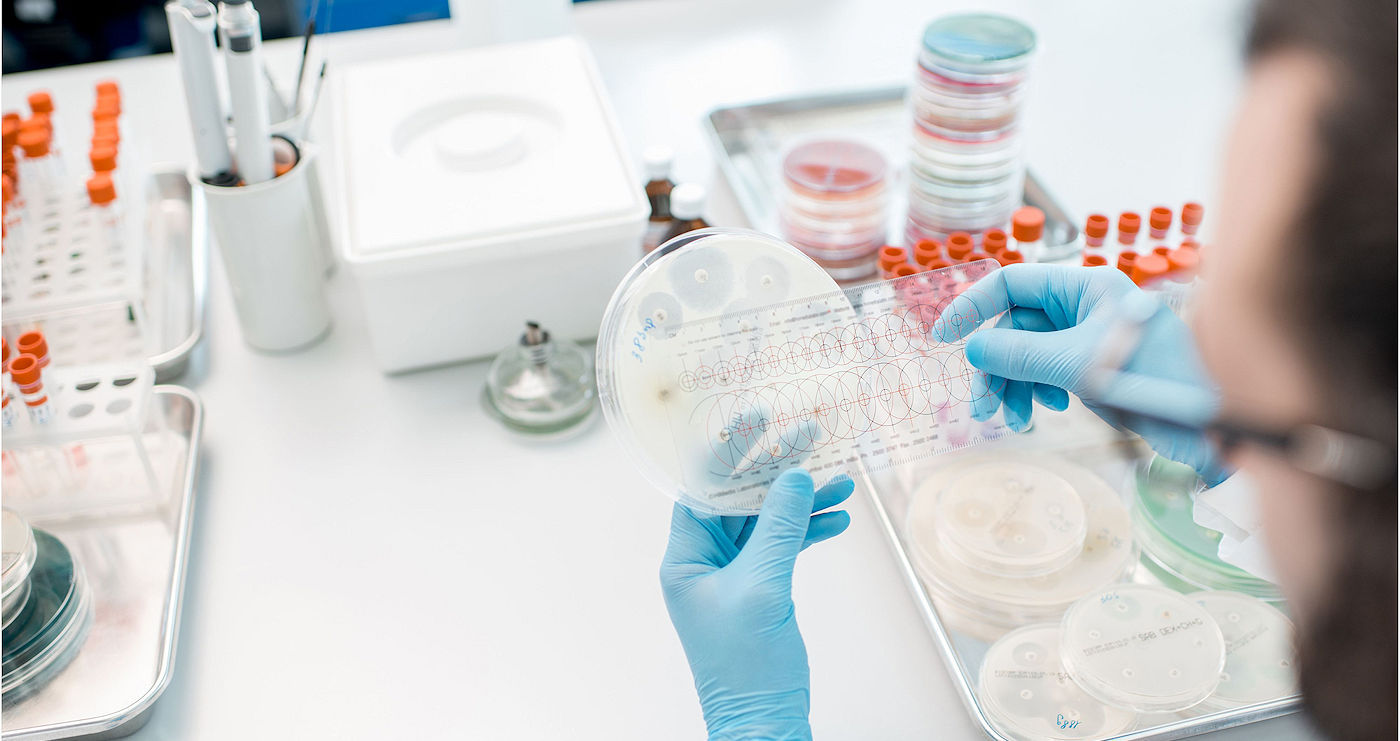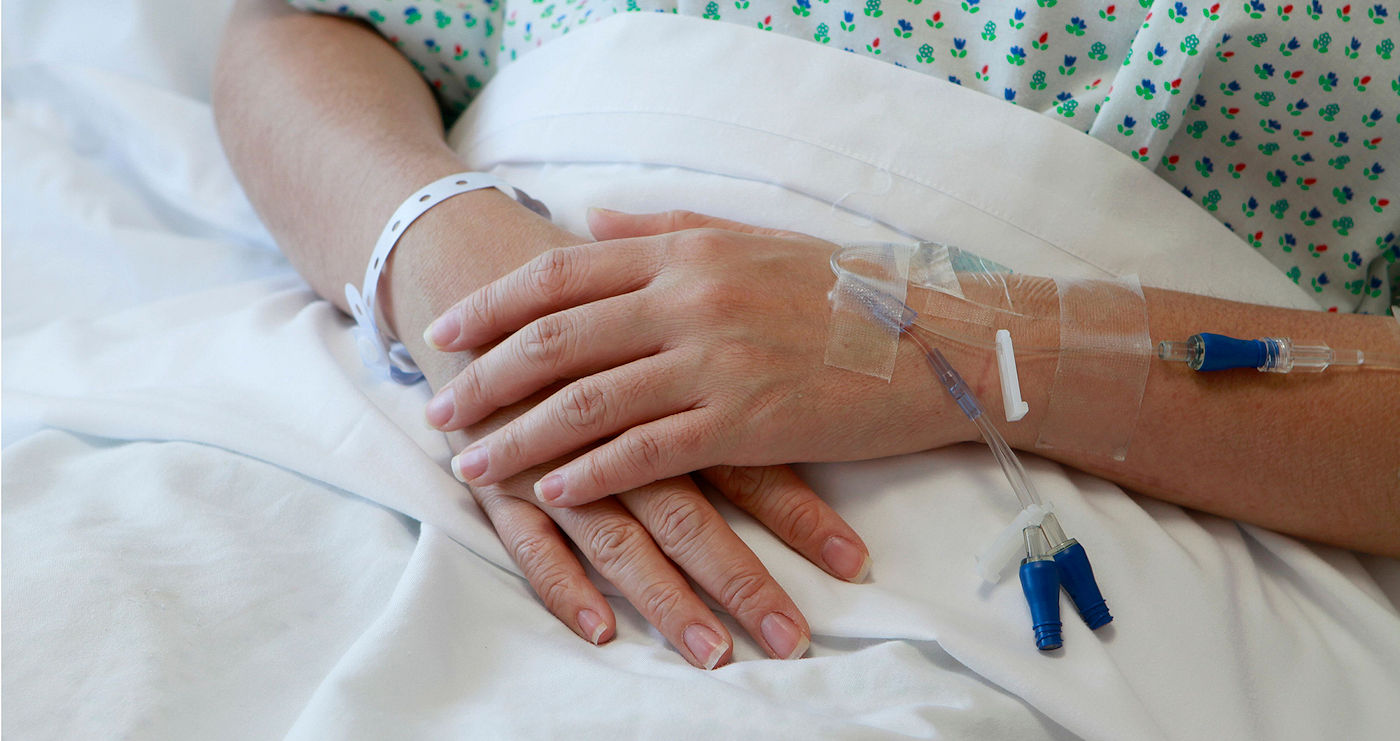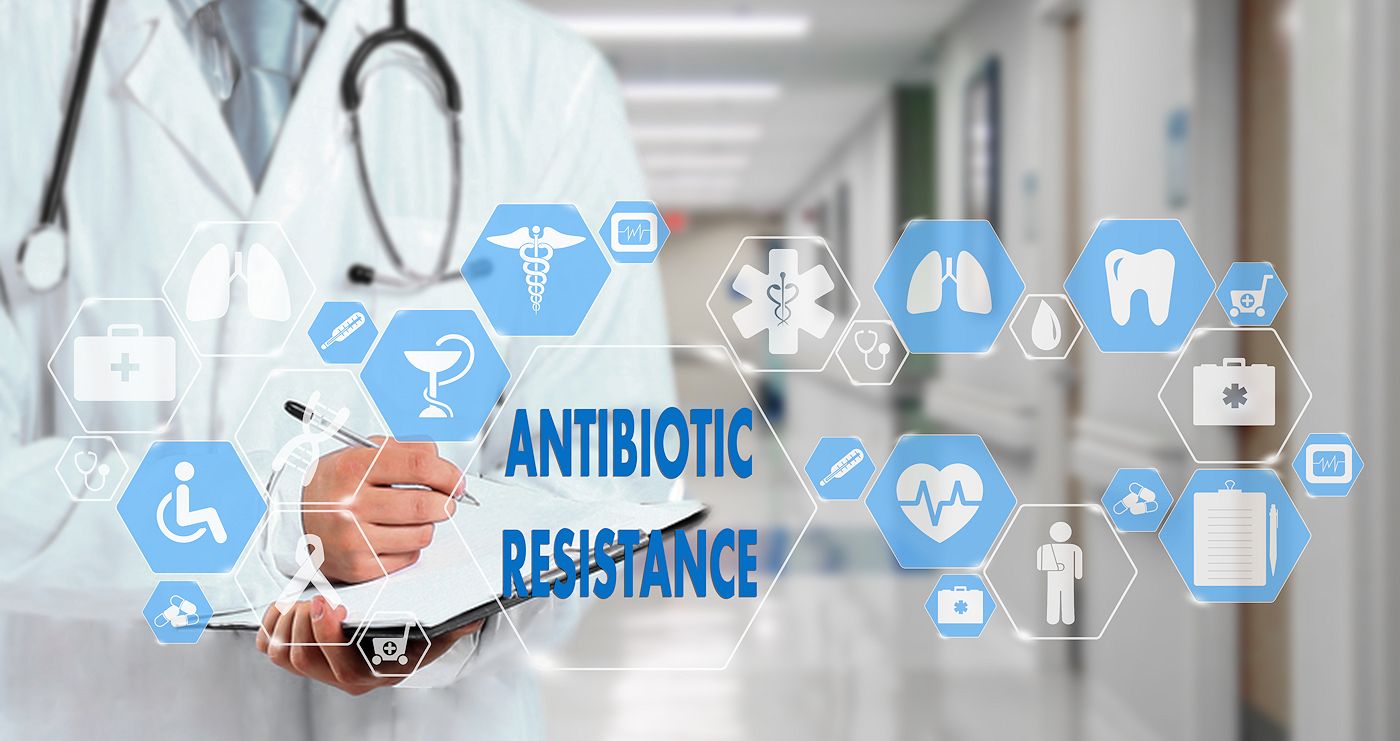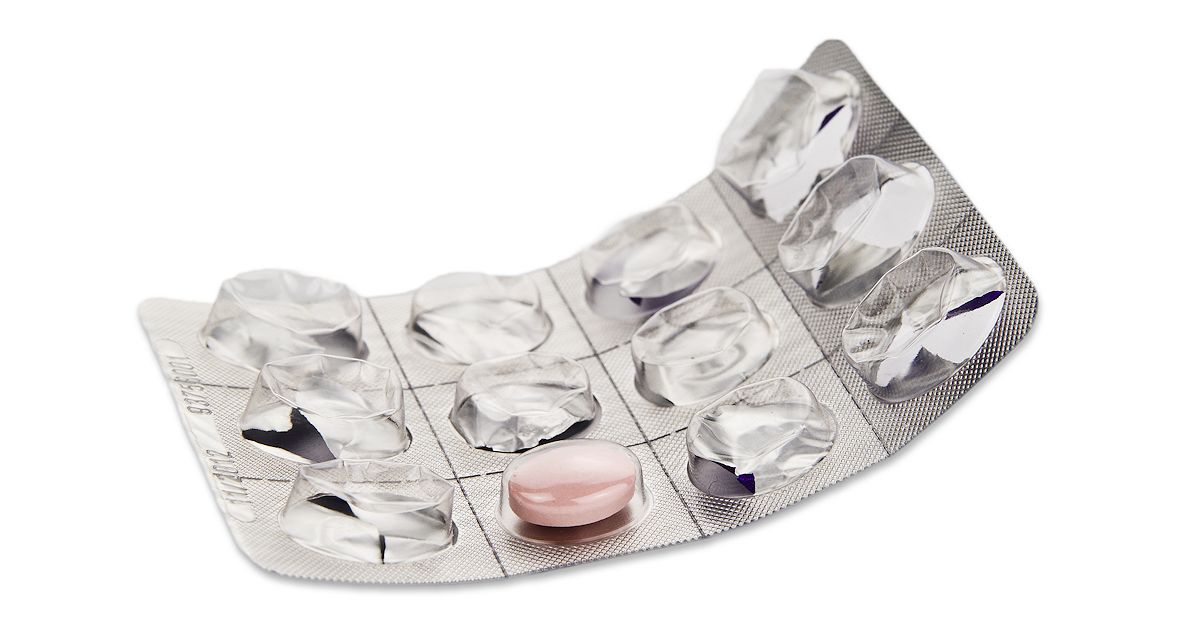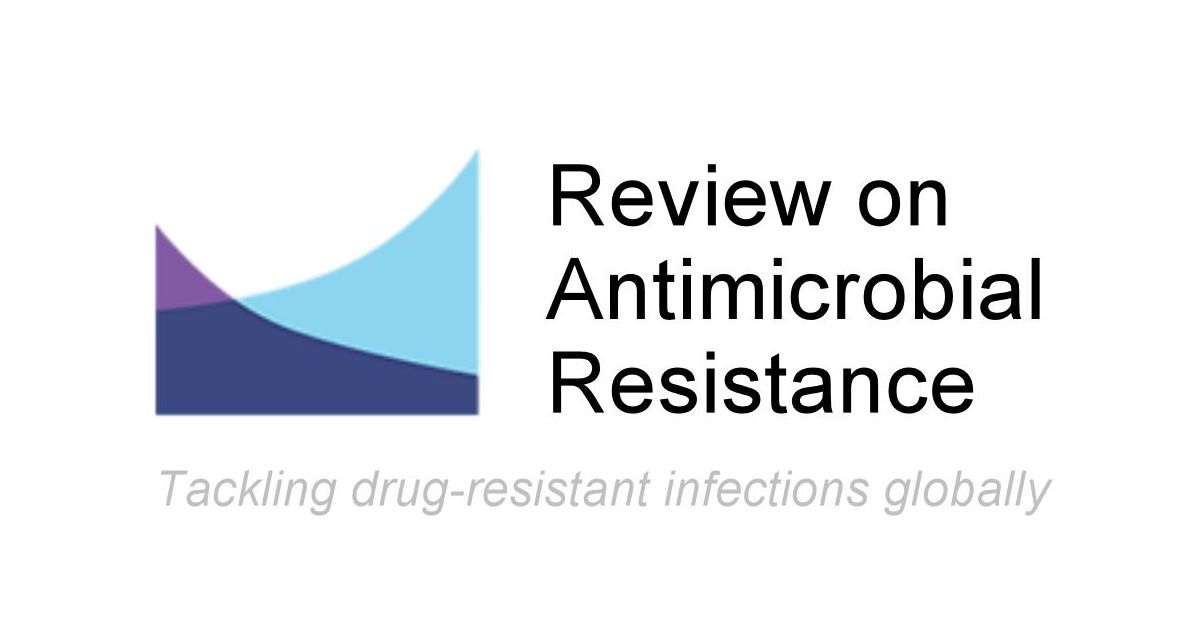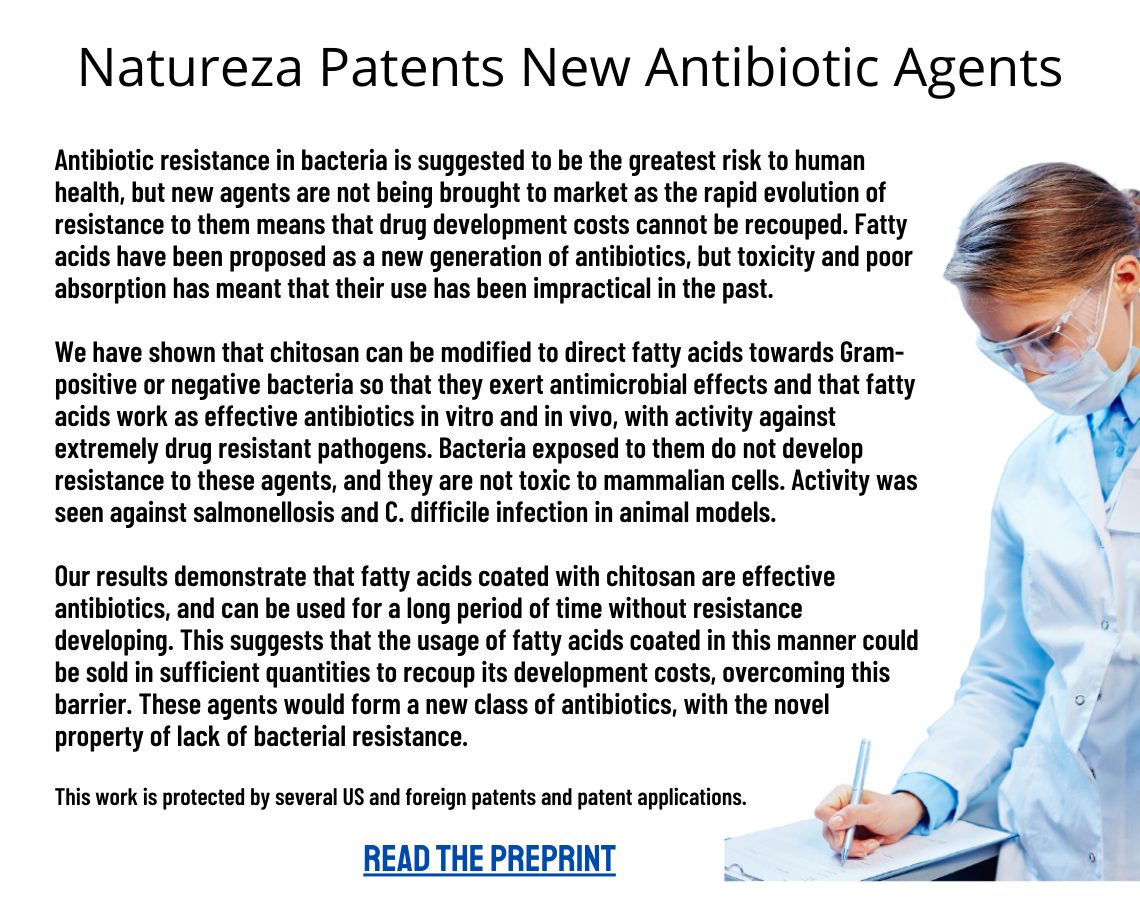Innovative Ways to Pay for New Antibiotics Will Help Fight Superbugs
11 April 2018 | STAT | Kevin Outterson, Executive Director CARB-X
Innovative Ways to Pay for New Antibiotics Will Help Fight Superbugs
11 April 2018 | STAT | Kevin Outterson, Executive Director CARB-X
Antibiotics are the most important drug class in human history. Without them, minor infections like strep throat or urinary tract infections could turn deadly. Heart surgery, cancer treatment, and virtually everything else that happens in a hospital would be far more dangerous than it is today. But if we keep taking them for granted, and fail to provide innovative approaches to funding the development of new antibiotics, drug-resistant microbes will get the upper hand.
Although we’ve made great strides in the development of antibiotics since the discovery of penicillin in the early 20th century, we aren’t keeping up with the rise of superbugs — common bacteria that have acquired genes that make them resistant to most or all of our antibiotics. “[T]he end of the road isn’t very far away for antibiotics,” Dr. Tom Frieden, the former head of the Centers for Disease Control and Prevention, once said.
Drug-resistant bacteria infect at least 2 million Americans each year and kill 23,000. Last year, a Nevada woman died of an infection that failed to respond to 26 different antibiotics — our entire arsenal — and cases like this will become increasingly common. Last week, the CDC announced it has found 221 instances of “nightmare bacteria” in the U.S. in 2017. An analysis commissioned by the United Kingdom’s prime minister and Wellcome Trust predicted that drug-resistant infections could kill 10 million people a year worldwide by 2050.
The danger isn’t just to human health. The World Bank has projected the economic impact of antibiotic resistance. Its “optimistic” scenario was a 1.1 percent reduction in global GDP by 2050; its “high-impact” scenario was more than three times higher. Drug-resistant infections also threaten national security, as antibiotics are a cornerstone of preparedness and response to natural disasters, terrorism, and support for our military services and agriculture.
So why are we facing what has been called a post-antibiotic apocalypse? Blame it on upside-down economics. For products like computers and phones, consumers pay a premium for innovation. But when it comes to antibiotics, the most innovative ones are put on the shelf, with doctors saving the newest, most powerful antibiotics as a last resort for patients who don’t respond to older drugs.
While that approach may be great for medicine and public health, it’s terrible for innovation: Companies can’t make a profit on drugs they don’t sell.
Antibiotics are in trouble because we’ve failed to recognize their protective value to society. Take fire protection as an example. We don’t pay first responders on a “per fire” basis, nor do we wait for a fire to start before buying a fire truck. We pay for fire protection before the fire is blazing. We rely on — and benefit from — fire protection every day, even if fires are hopefully rare.
We need to think about antibiotics like that.
Research teams in the United States and beyond have explored this issue in depth. Stakeholders across the political spectrum are converging on new ways to pay for antibiotics that focus on their societal value instead of on their volume of sales.
I recently worked with an international team to evaluate new ways to create incentives for the discovery and development of novel antibiotics in Europe. Our report included “pipeline coordinators” like CARB-X, the antibiotic accelerator I lead, and large prizes called Market Entry Rewards for approval of highly innovative antibiotics that will be saved for emergencies and therefore won’t sell well. We also called for better coordination for generic antibiotics, which have often faced daunting supply shortages.
One approach that wouldn’t work in most European countries, with their centralized health systems, but would work in the U.S., is to transfer the economic value of a different drug product to help pay for antibiotic innovation. Called a transferable exclusivity award, this is essentially a voucher or prize that allows a drug company to extend the patent life of any drug in its portfolio by one year. A transferable exclusivity award would be given only after FDA approval of a highly innovative new antibiotic that prepares the U.S. for superbug “fires” but isn’t needed yet at the sort of sales volume that companies need to make a profit. One positive side benefit is that the company would no longer have a strong financial incentive to market the new antibiotic, which is better for the long-term battle against drug resistance.
In the world of pharmaceuticals, exclusivity is what brings value. Through intellectual property rights, a company is entitled to capture revenue for a product for a specific period of time before the drug can be produced as a generic. The transferable exclusivity award — possibly won by a small antibiotic biotech — could be sold to the highest bidder, in all likelihood a large drug company with a blockbuster product, which would then delay the entry of generic alternatives of that blockbuster product by one year.
A company could receive transferable exclusivity award only after the FDA approved its innovative antibiotic, which lowers the risk for taxpayers: We pay only for success. This approval-driven incentive is analogous to the advance purchase of fire extinguishers.
Research and development decisions require investments over decades. That makes it difficult to design reward systems that rely on annual appropriations from Congress. The transferable exclusivity award mechanism could pay for new, socially valuable antibiotics without annual appropriations from the government, using existing markets in other drugs and intellectual property laws to offer clear innovation incentives for antibiotic development.
Opponents of transferable exclusivity awards say that this approach would raise funds for antibiotic research and development by delaying the market entry of other generic drugs, which often results in significant price reductions from generic competition. I shared those concerns until I understood how the entire U.S. health care system depends on antibiotics. They are a key part of the infrastructure keeping our entire health care system afloat. It makes sense for the system to bear their fair share of the costs to bring new antibiotics to the market. In addition to making sure that minor infections, like strep throat or urinary tract infections, don’t turn deadly, antibiotics make it possible to safely perform surgery, treat cancer, and implant devices like hip replacements and cardiac pacemakers.
Of course, some guardrails are needed. Transferable exclusivity rewards must be reserved for the most innovative and critically needed antibiotics, and aren’t appropriate for modest variations on existing drugs.
To maximize efficiency, the maximum value of the awards could be capped at $1 billion. Companies receiving such rewards should repay government and charitable grants that helped them along the way. Strong rules on antibiotic stewardship and access would be needed to make sure these drugs aren’t wasted, but are delivered to the right patient at the right time. And if it turns out that projections were wrong and sales of the new antibiotic take off due to an epidemic of superbugs, all or part of the reward could be repaid.
Based on the best available models, we can predict that innovative approaches to the development of new antibiotics, such as transferable exclusivity awards, would spur the development and approval of 10 to 20 powerful new antibiotics over the next three decades, giving us what we need to battle superbugs.
It’s time to change the way we think about developing and using new antibiotics. Otherwise, we risk living — and dying — in a post-antibiotic era.
About the Author: Kevin Outterson and CARB-X
Kevin Outterson, J.D., is the executive director of Combating Antibiotic Resistant Bacteria Biopharmaceutical Accelerator (CARB-X), a global nonprofit partnership hosted at Boston University that focuses on supporting the developers of promising new antibiotics, diagnostics, and vaccines that tackle the threat of drug-resistant bacterial infections. CARB-X, which is funded by BARDA, the Wellcome Trust, and the National Institute of Allergy and Infectious Diseases, funds the world’s largest portfolio of preclinical antibacterial products. He teaches health law and corporate law at Boston University, where he co-directs the Health Law Program and is the N. Neal Pike Scholar in Health and Disability Law. The opinions expressed in this article are the author’s and do not necessarily represent the positions of CARB-X or any of its funders or partners. CARB-X Website
Original Article Link
Natureza Patents New Antibiotic Agents
Natureza’s patented formulations introduce a transformative new class of antibiotic agents that overcome bacterial resistance and removes the time barrier of investment return.
Natureza’s research offers a true paradigm shift, one that would remove the imbalance in development cost by eliminating the ability of bacteria to become resistant. With the promise of new drugs being able to be marketed for years providing not only the time to recover investment, but a profit as well, a new investment environment would emerge that would encourage the development of new, much needed antibiotics.
This work is protected by several US and foreign patents and patent applications.
Lack of New Antibiotics Threatens Global Efforts to Contain Drug-Resistant Infections
“Never has the threat of antimicrobial resistance been more immediate and the need for solutions more urgent,” says Dr Tedros Adhanom Ghebreyesus, Director-General of WHO.


